
By Andrew Campbell | It is all well and good to talk about traditional classical education, but how do we put it into practice today? Don’t we have far more history to learn other than classical history, not to mention science, modern languages, and common school subjects like health and driver’s ed.? After all, we’re not … Continue reading

The Conservative Purpose of a Liberal Education
By Russell Kirk | Our term “liberal education” is far older than the use of the word “liberal” as a term of politics. What we now call “liberal studies” go back to classical times, while political liberalism commences only in the first decade of the nineteenth century. By “liberal education” we mean an ordering and integrating … Continue reading
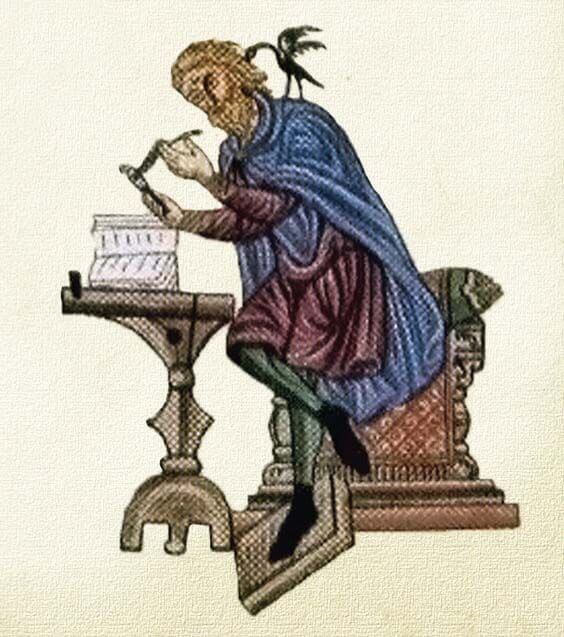
7 Habits of Highly Educated People
Most critics of American education today have a good grasp of one part of the problem: our children don’t have enough knowledge. They cite poor test scores and the general lack of awareness of important events in history as proof of this. And they are right. But although this analysis is correct, it is not … Continue reading
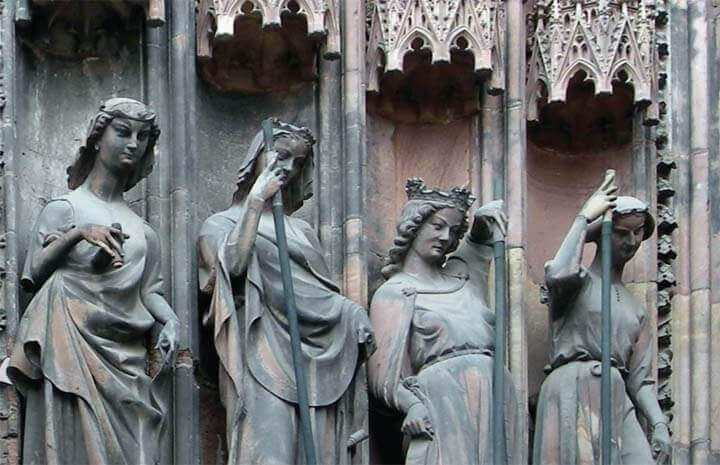
The harder the reformers try, the worse they make the American school. They just can’t seem to get it right. Their errors are so fundamental that only a complete rebooting will help. Conventional education is based on three principles and one application. 1. There is no Truth. 2. If there is Truth, you can’t know … Continue reading
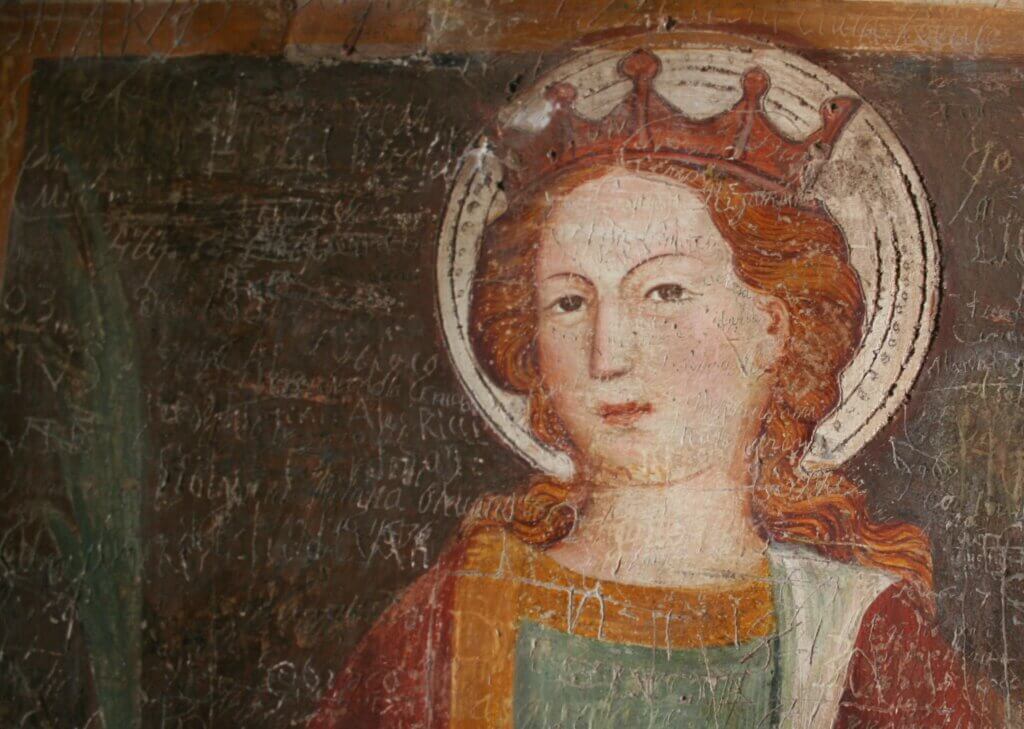
The Siren Song of Education Technology
In the world of education, there are many temptations that would lure us to our destruction, and none greater than the siren song of education technology. The computer is, of course, only one form of education technology, and education technology is anything but new. Those of us educated in the 60s and 70s will remember … Continue reading
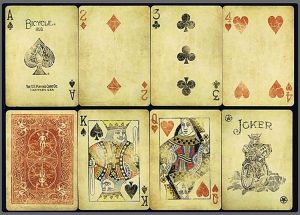
With one exception I have never heard anyone speak seriously and comprehensively about the disadvantages of computer technology, which strikes me as odd. After all, anyone who has studied the history of technology knows that technological change is always a Faustian bargain: Technology giveth and technology taketh away, and not always in equal measure. A … Continue reading
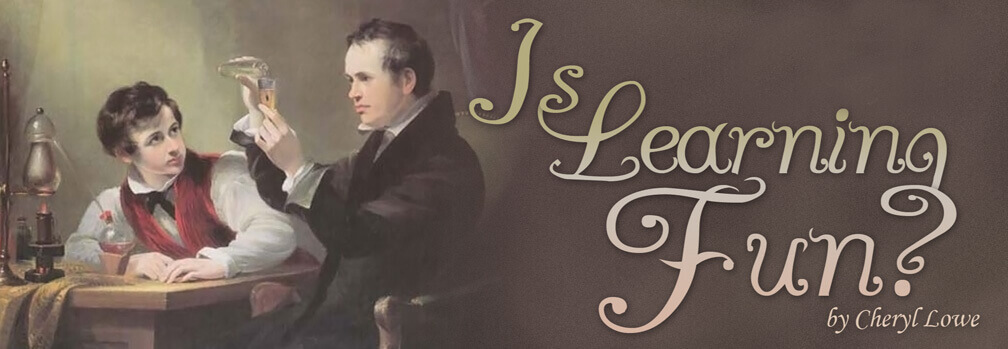
At a recent education convention, I was struck by the mind-boggling array of educational materials available today. “Of the making of many books there is no end” as the Book of Proverbs says. In today’s world of the internet and instant printing technology, this expression has a whole new meaning. Our ability to create textbooks, … Continue reading

In my last article, I ended with the question of the teacher’s role in learning. Does the teacher need to be an entertainer? How does the teacher motivate and make learning engaging and satisfying for students? Teachers are often blamed for the lack of learning, along with the lack of interest and motivation in their … Continue reading
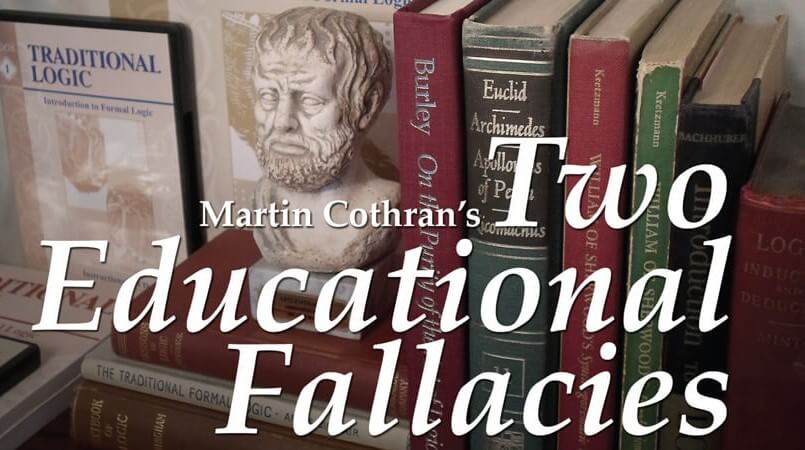
There are two ways to go wrong when it comes to education. The first is to emphasize the intellect over the affections; the second is to emphasize the affections over the intellect. The first we might call the “Rationalistic Fallacy”; the second we might call the “Romantic Fallacy.” These two fallacies plague all modern intellectual … Continue reading
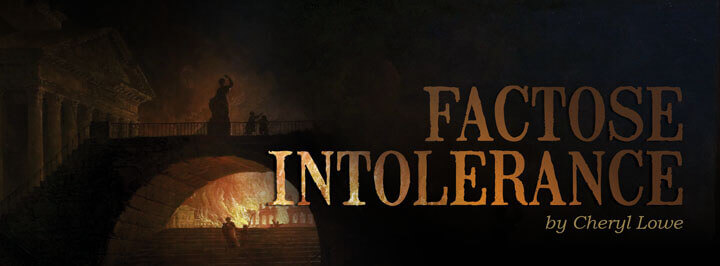
One of the most noticeable tendencies in modern education is an aversion to the word “knowledge.” Why is this? Why is the one word you would expect to be at the center of the education enterprise the one word that so many modern educators find distasteful? Anyone who has taken the time to read the documents that … Continue reading

The Trouble With Truth: John Milton’s Vision of Classical Christian Education
There is an early Protestant whose vigorous embrace of both Christianity and humanism afforded him an intellectual and aesthetic grasp of the unity of Truth that rivals, and complements, that of the Catholic Dante. I speak of John Milton (1608-1674). Like Origen, Aquinas, and Erasmus before him, and Newman after him, Milton understood that all … Continue reading
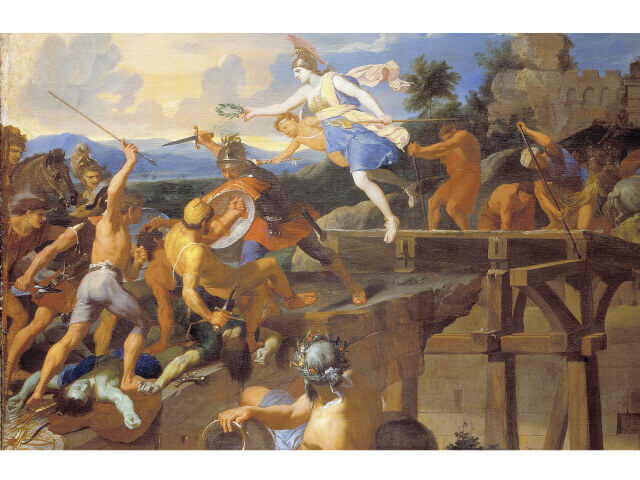
Horatius at the Bridge and the Definition of Leadership
Robert B. Charles was a former Assistant Secretary of State, who received degrees from Dartmouth College, University of Oxford, and Columbia University. Mr. Charles is a friend of the Mangione family, and sent this letter to A.J. Mangione, a student at Highlands Latin School, when he was informed that A.J. had memorized all 70 stanzas of Lord Macaulay’s Horatius at the … Continue reading

In classical rhetoric, the divisio is the section of a persuasive speech that presents the division, the point at which the topic is divided into two opposing perspectives. Granted, many differences exist between traditional and modern education, yet where do the most fundamental of these divisions lie? What is the divisio when it comes to the topic (or “issue”) of education? I … Continue reading
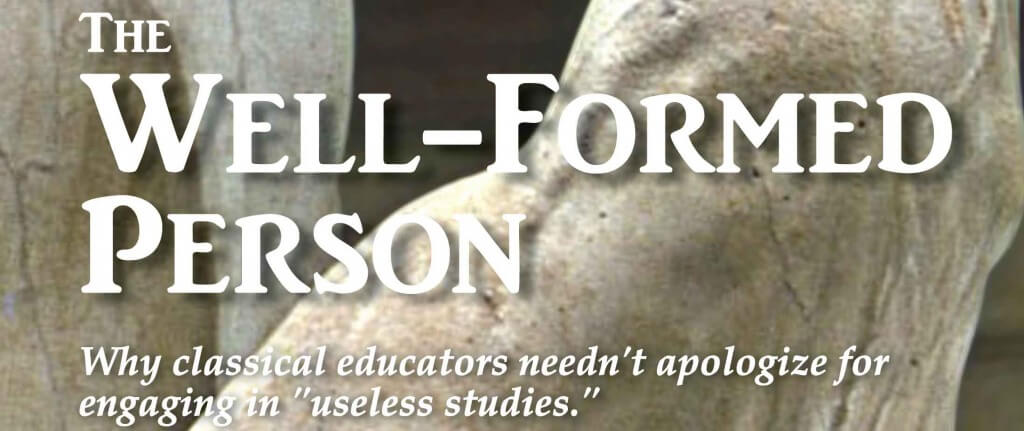
The education we now call “classical” is our heritage as human beings. With roots reaching back to the greatest teachers and philosophers of all time, a classical education forms the student’s mind, character, and tastes by inclining him toward truth, goodness, and beauty. We trace classical education to the ancient Greeks, who prized wisdom and … Continue reading

My brother and sister and I all received a classical education, way back in the 1970s, because my mother homeschooled us the same way she’d been taught at home. Our education was language-centered, not image-centered; we read and listened and wrote, but we rarely watched. She spent the early years of school giving us facts, … Continue reading
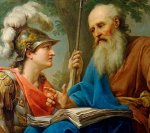
Socrates lived in Athens 2,500 years ago and he died being faithful to what he taught. Perhaps that is why educators through the ages have looked to him for inspiration and as a model. But his attitude toward teaching has been transformed into a “method” and the ideal technique in the neo-classical movement. But what … Continue reading
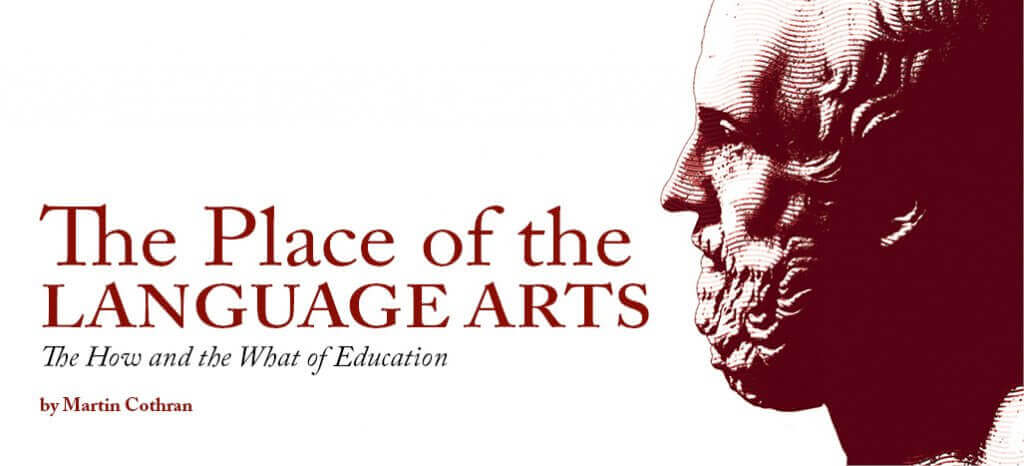
The Place of the Language Arts
The term “language arts” is a familiar term for anyone involved in education. But although many people have heard it, few can say exactly what it means. Most of the time we settle for a random listing of the things we have been taught are included under the label: reading, writing, spelling, literature, grammar, and … Continue reading
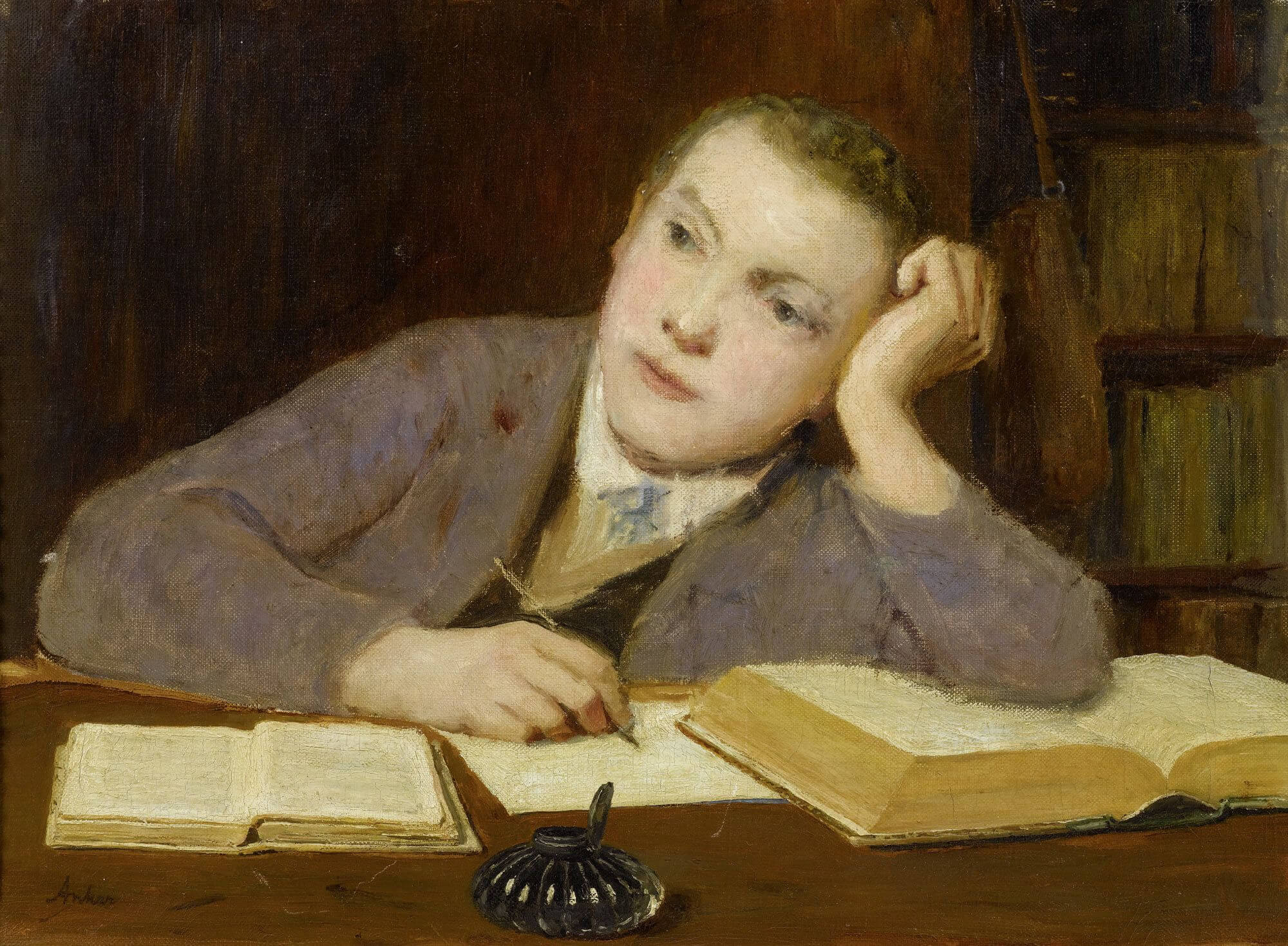
The Critical Thinking Skills Hoax
Modern educators love to talk about “critical thinking skills,” but not one in a hundred even knows what he means by this term. Every time our country goes through an education reform spasm-which it has experienced about every twenty-five years since the 1920s- the education establishment trots out a set of slogans that always sound … Continue reading
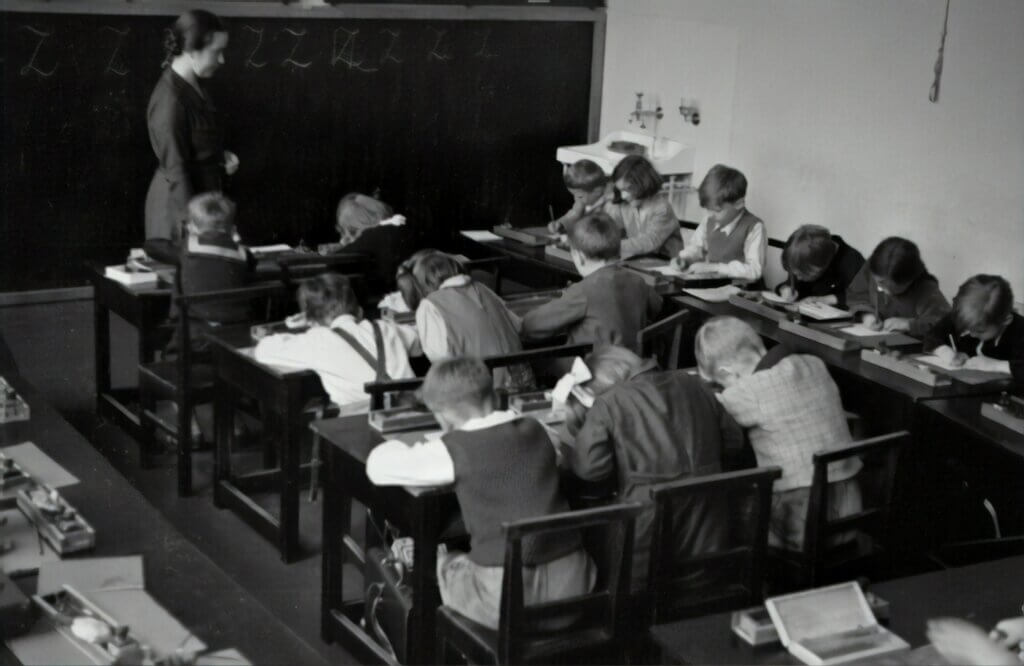
Traditional vs. Progressive Education
Everyone agrees that education is a good thing. Unfortunately, the agreement pretty much ends there. Although almost everyone agrees that education is good, there is wide disagreement on what education is. Since the beginning of the twentieth century, there has been a sometimes heated debate, not only about what schools should do, but what they should be. Generally speaking, there are … Continue reading
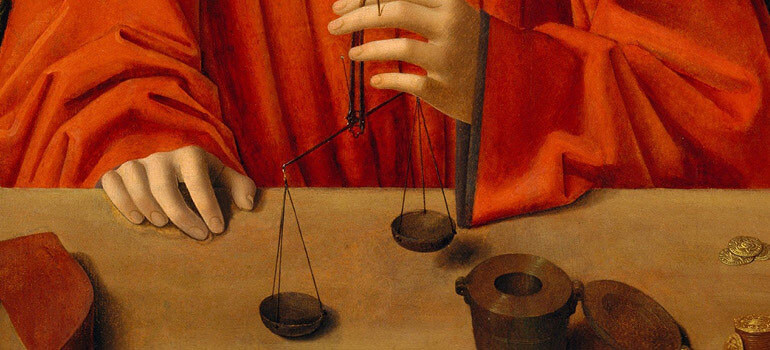
The Judgment of Thamus: Education Technology and the Outsourcing of Knowledge
I was at a meeting of private educators in our state a couple of years ago, and afterwards an acquaintance, who was the superintendent of a local private school system, came up to me. He was very excited. He had gotten a grant to provide students in his schools with iPads. I didn’t have the … Continue reading
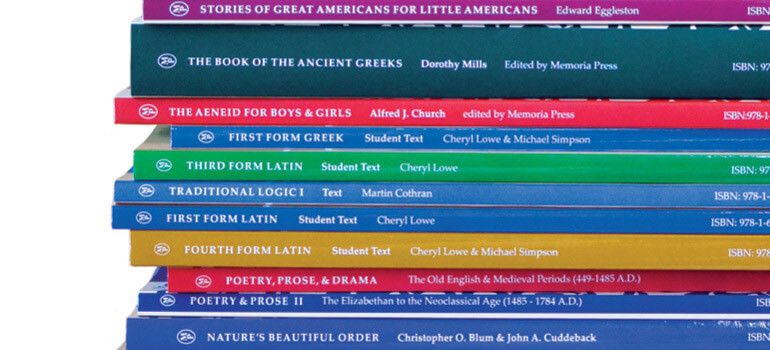
God has instilled in us a passion to learn and a need for knowledge. Education as we know it has been with us for over two millennia, but the tools of learning have changed. In biblical times, texts were meticulously copied onto scrolls using nothing but a sharpened reed and ink. Over time, reeds were … Continue reading
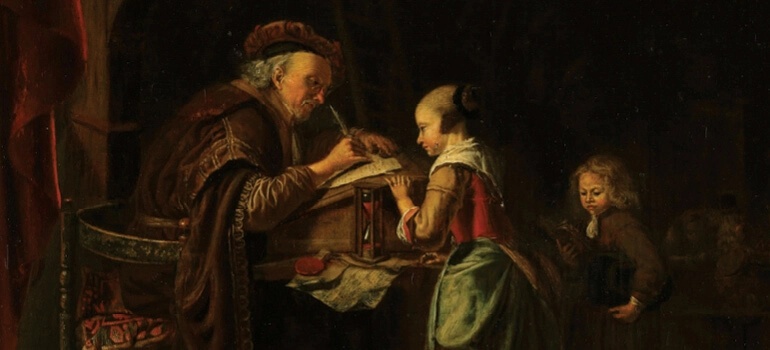
Gravitas: The Lost Art of Taking School Seriously
In the early twentieth century, Dorothy Sayers gave birth to the modern classical education movement in a much-quoted speech at Oxford in which she cast the abstract concepts of the liberal arts of grammar, logic, and rhetoric as stages of learning. These three stages have given structure and clarity to the long and somewhat inscrutable … Continue reading